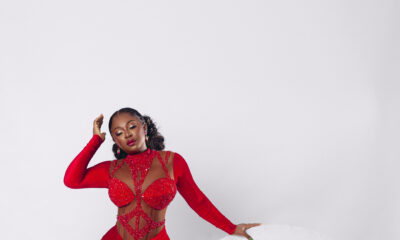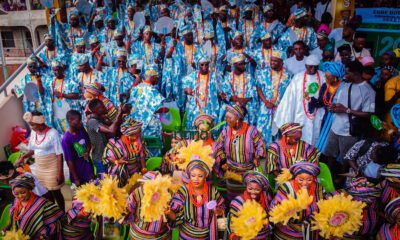Movies & TV
Uzoamaka Aniunoh makes Directorial Debut with Short Film “Love Language” | Read Our Exclusive Interview
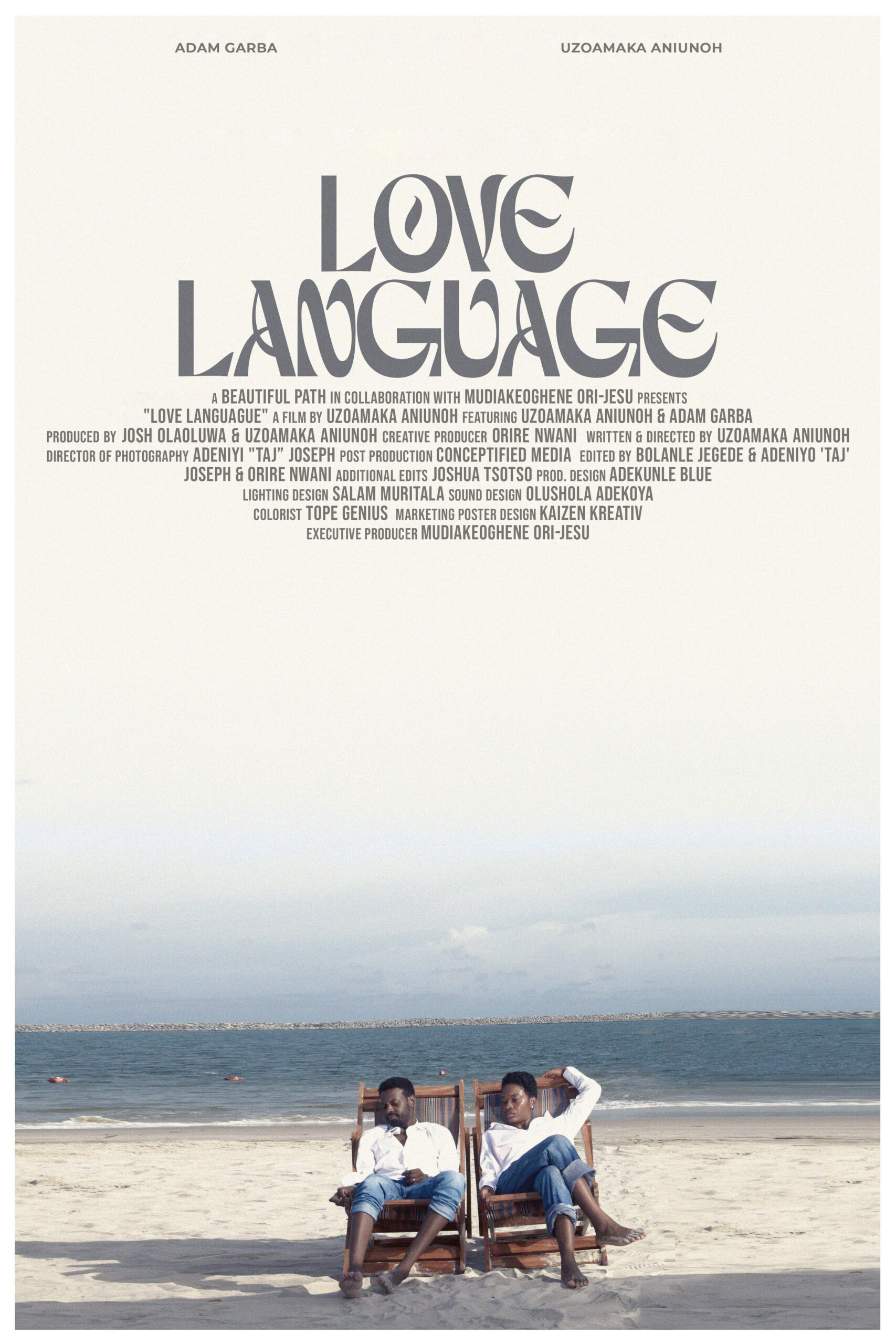
Nollywood actress, Uzoamaka Aniunoh (Diiche, Ìfé) is making her directorial debut with “Love Language,” an intertribal love story.
The story takes place in modern Lagos and follows Chioma, played by Uzoamaka Aniunoh, and Abdul, played by Adam Garba, as they deal with their love and differences. One conversation reveals a lot about their lives that they didn’t know before, which puts their relationship to the test.
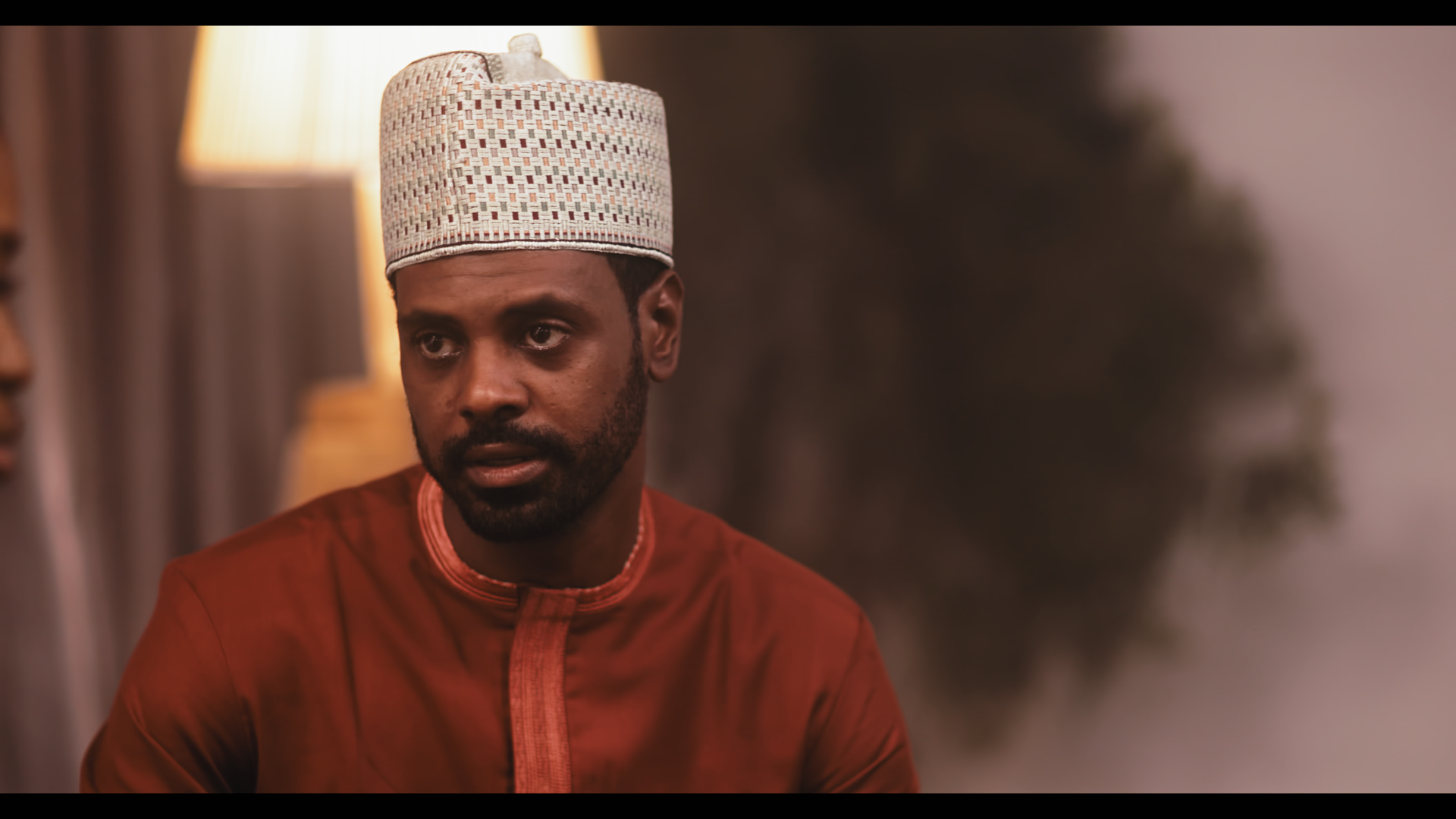
Adam Garba
The film was written by Uzoamaka, produced by Josh Olaoluwa, and shot by Joseph Adeniyi Omobulejo. Orire Nwani served as the creative producer, while Mudiakeoghene Ori-Jesu is the executive producer.
Love language highlights the importance as well as the challenges of intertribal relationships while offering fundamental human questions rooted in cultural differences and tolerance. It presents people truthfully and without judgment, doing what they deem best to be heard, seen, and understood. “Love Language” is a mirror through which we see ourselves.
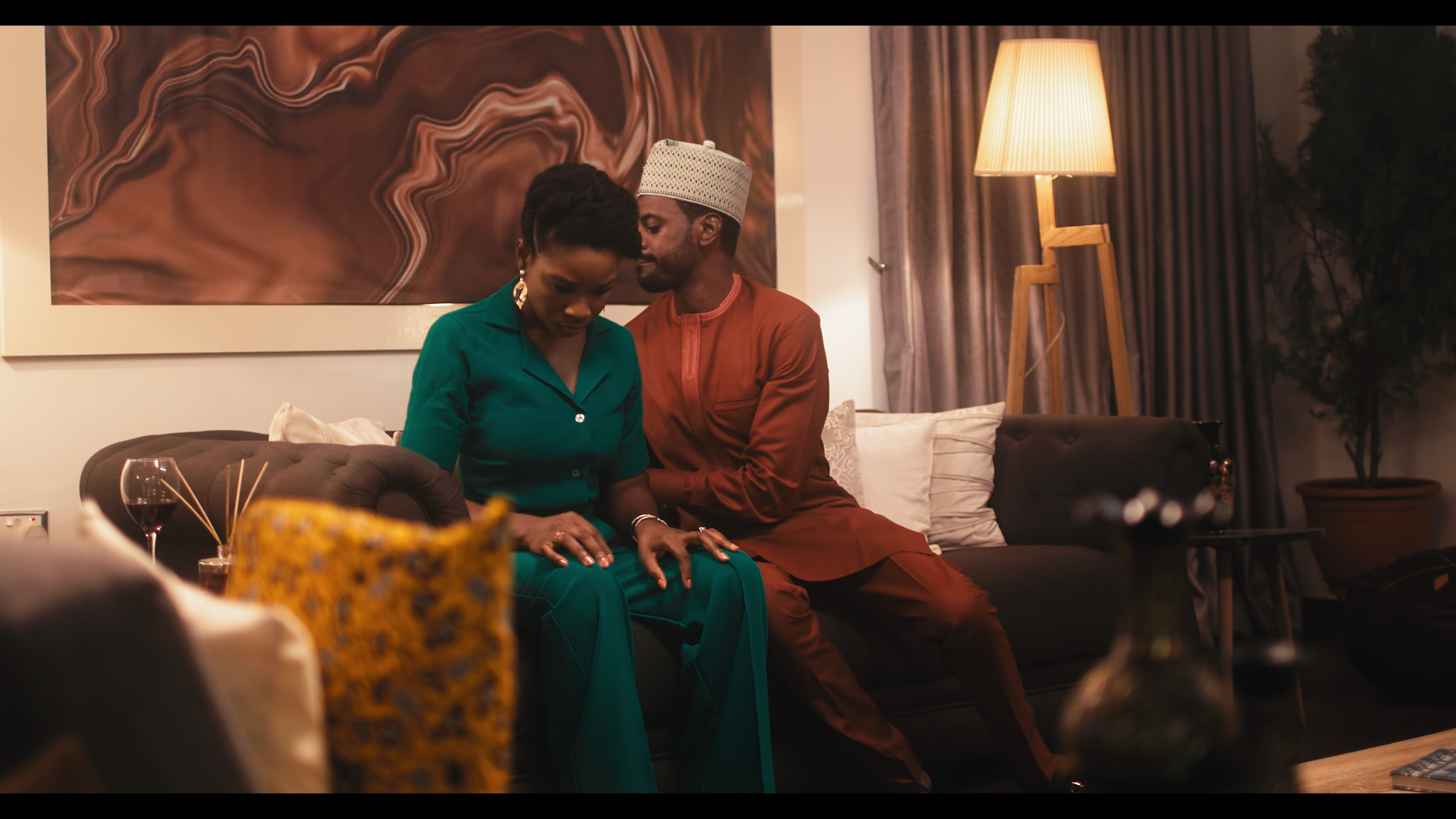
Uzoamaka Aniunoh and Adam Garba
We spoke with the Uzoamaka about her experience directing, writing, and acting in this film, what she hopes viewers take away from the experience, and what’s next for her.
What inspired you to take the leap from acting to directing, and what challenges did you face during the process of making “Love Language”?
I am an artist, which means that I create, practice, and demonstrate art in all its forms. I began exploring writing as an art form when I was in secondary school. And in November 2017, I began exploring acting professionally as an art form. Now I’m exploring directing, and who knows, I may paint pictures in months from now. The process of creating something out of your imagination inspires me. I think it’s incredibly powerful to think of something and then create it so honestly that it moves the people who consume it. The one challenge I was faced with in the process of making “Love Language” was that I had to direct and act at the same time. This meant that I was both behind and in front of the camera. It wasn’t, however, a challenge that disrupted my creativity because I had the best team working with me. My creative producer, Orire Nwani, made sure I followed the directions I communicated without worrying about its reflection on screen. He had my back completely. If he felt differently, he’d have me watch it and decide. Other than that, my team made sure I had nothing to worry about.
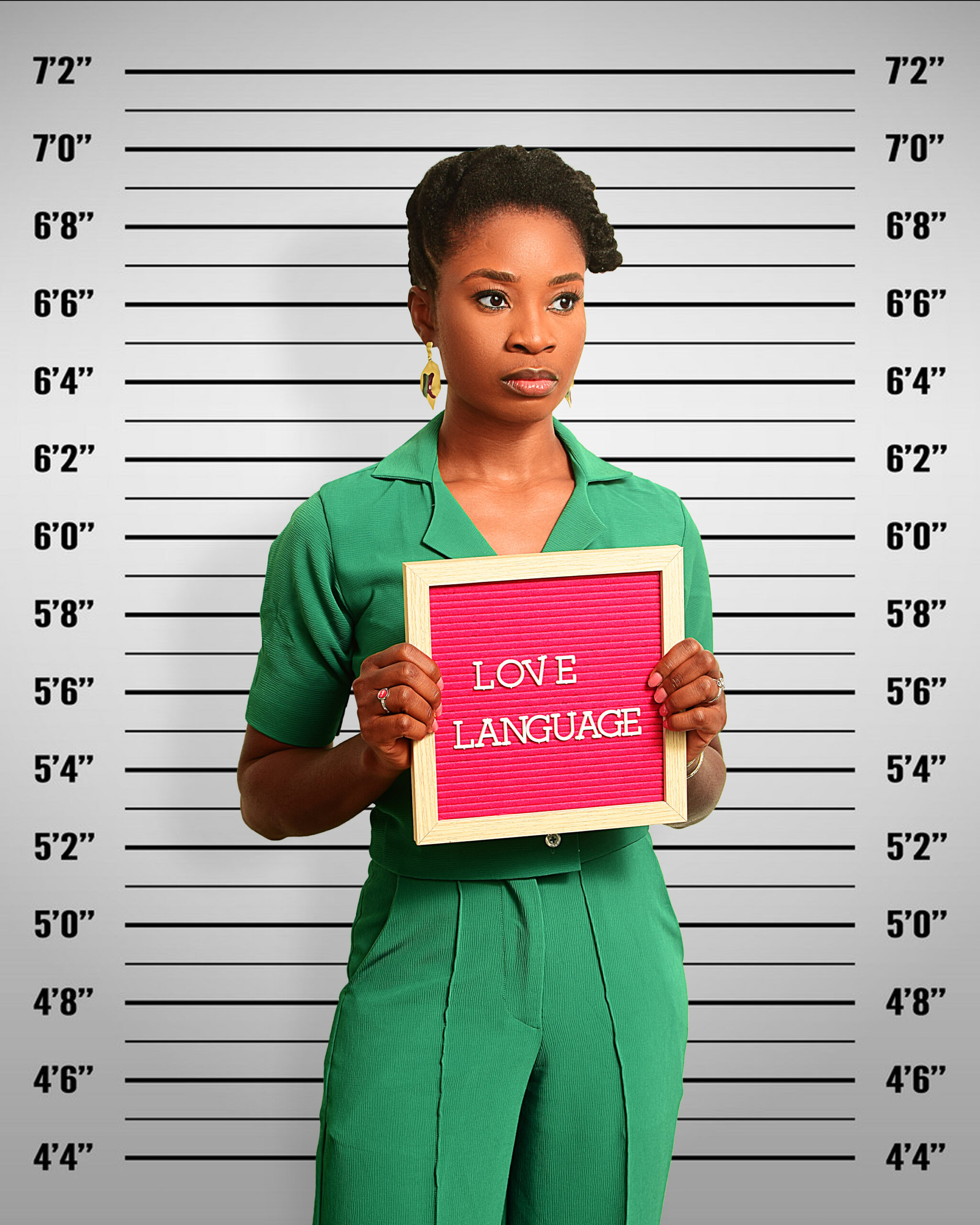
Uzoamaka Aniunoh
The short film explores the complexities of love and relationships. What messages do you hope viewers will take away from the film?
Yes, Love Language explores the complexities of love and relationships, but it also just shows two ordinary people in love navigating their differences, trying to communicate their points of view to each other, all while dancing around the edge of their boundaries. I’m hoping the viewers see human beings being human beings—fighting, loving, and everything in between. I hope they see things that I never imagined when I wrote and made this film. I hope they see the love, truth, passion, and life that went into making this film. I hope Love Language serves as a mirror through which the viewers see life, whatever that means to them.
Most of the dialogue was delivered in English, a few scenes were done in the Igbo and Hausa language. How did it contribute to the characters’ portrayal and the overall feel of the movie?
Most of the dialogue was delivered in English, yes, and a few of the scenes were done in Hausa and Igbo. I’d say, however, that it was important to me that I showed how, when it came down to it, in our vulnerable states, we reverted to what feels like home. Our mother tongue is home. The characters are Hausa and Igbo, and the entire dialogue could have been in English with nothing being lost. The use of Igbo and Hausa languages in the scenes where they’re spoken shows normal people conversing in their native tongues just like we all do every now and then.
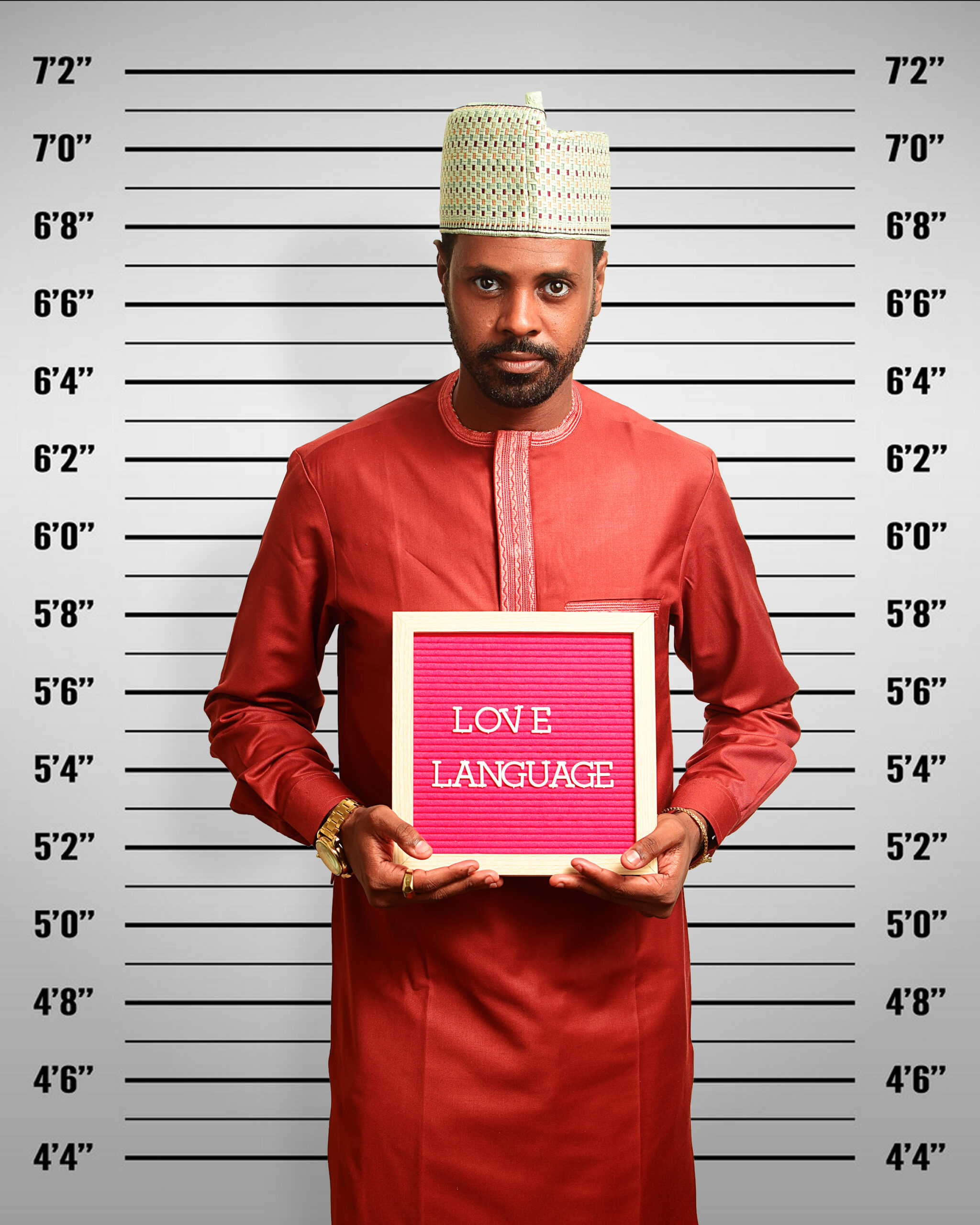
Adam Garba
What was the most memorable moment during the making of “Love Language” and how did it contribute to the overall vision and message of the film?
Walking into the set on the morning of the shoot and seeing the empty location we had checked out earlier transform into the home that I had written about in the script—everything from the chairs to the frames to the colors were exactly how I envisioned them. Nothing on the set was put there to take up space; our production designer, Adekunle Blue, made sure of it.
We immediately felt that we belonged there. My producer, Josh Olaolu, put together the best team of young people who paid attention to details and who wanted to do excellent work.
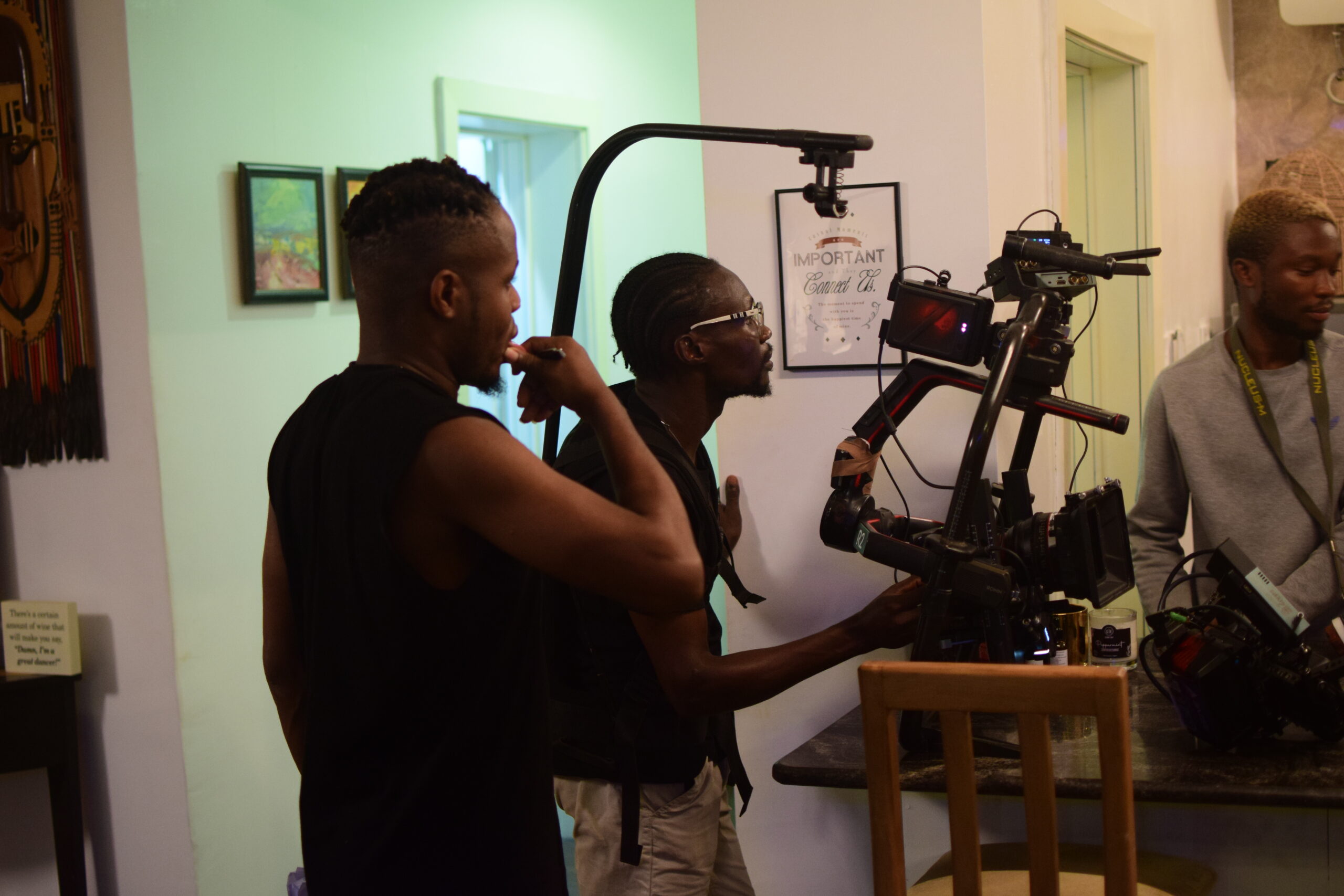
Another memorable moment was casting Adam Garba to play Abdul. No one on planet Earth could have done it better than him. The first time we rehearsed in the characters’ apartment, I looked at him and thanked him for sending in his audition tape because this film could have gone in a whole different direction if we had not cast him. These two moments led this film to the finish line. A team that showed up to work with a spirit of excellence and a co-actor who was literally made for this role—what more could a first-time director possibly want?
What’s next for you as a filmmaker, and do you have any plans to direct a feature-length film in the near future?
My Executive Producer, Mudiakeoghene Ori-Jesu, said to me, “Now that we’ve made Love Language, let’s make another one!” And I haven’t stopped thinking about how immensely fortunate I am to have people in my corner, whom I call friends and colleagues, who believe in me, sometimes even more than I believe in myself. I am writing a feature-length film at the moment. There’s no pressure at all, but it’s special. And when it’s done and ready, you will be the first to know.
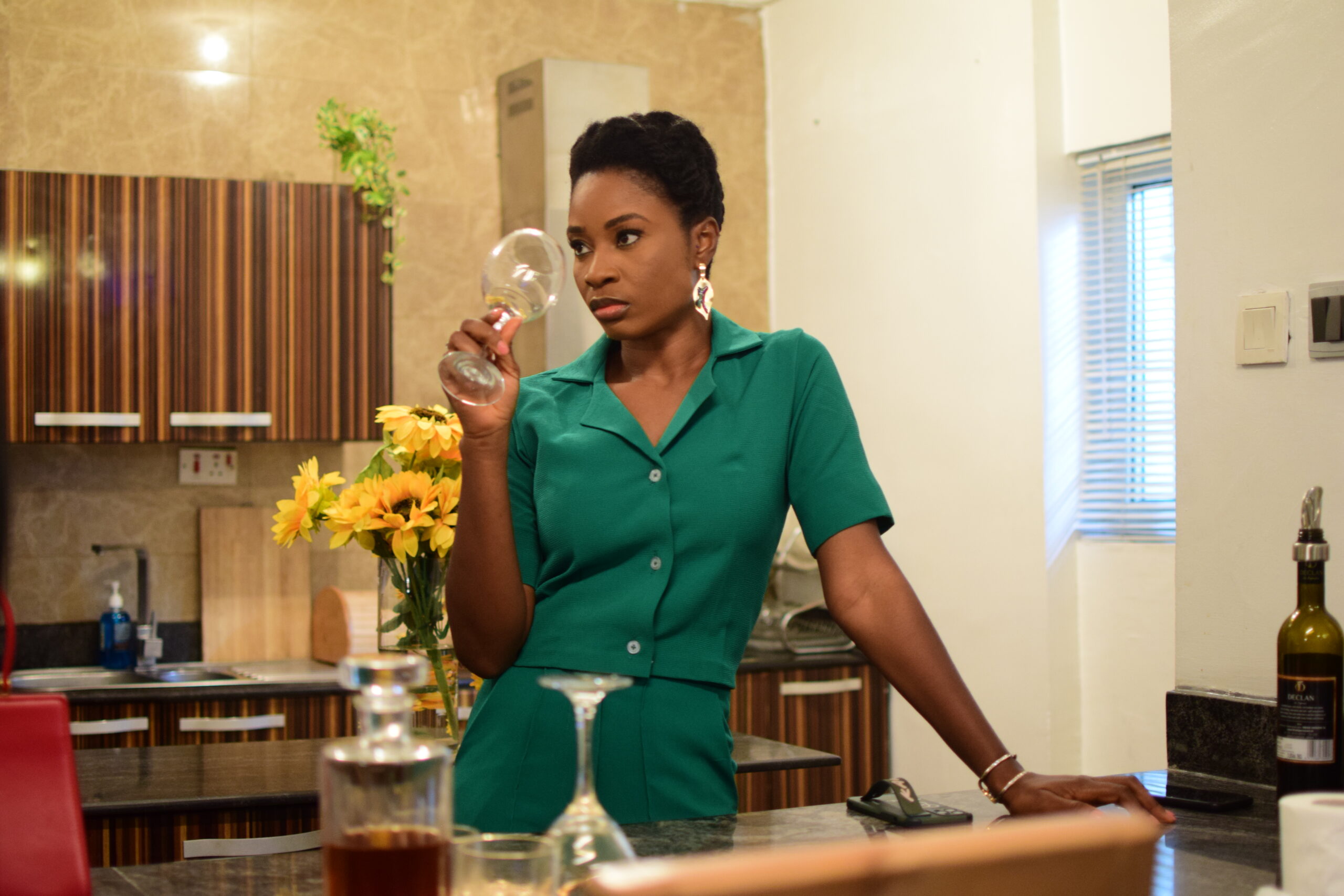
Uzoamaka Aniunoh
Watch the trailer of “Love Language” below:
Love Language will be shown at local and international film festivals around the world before it is released to a wider audience.




